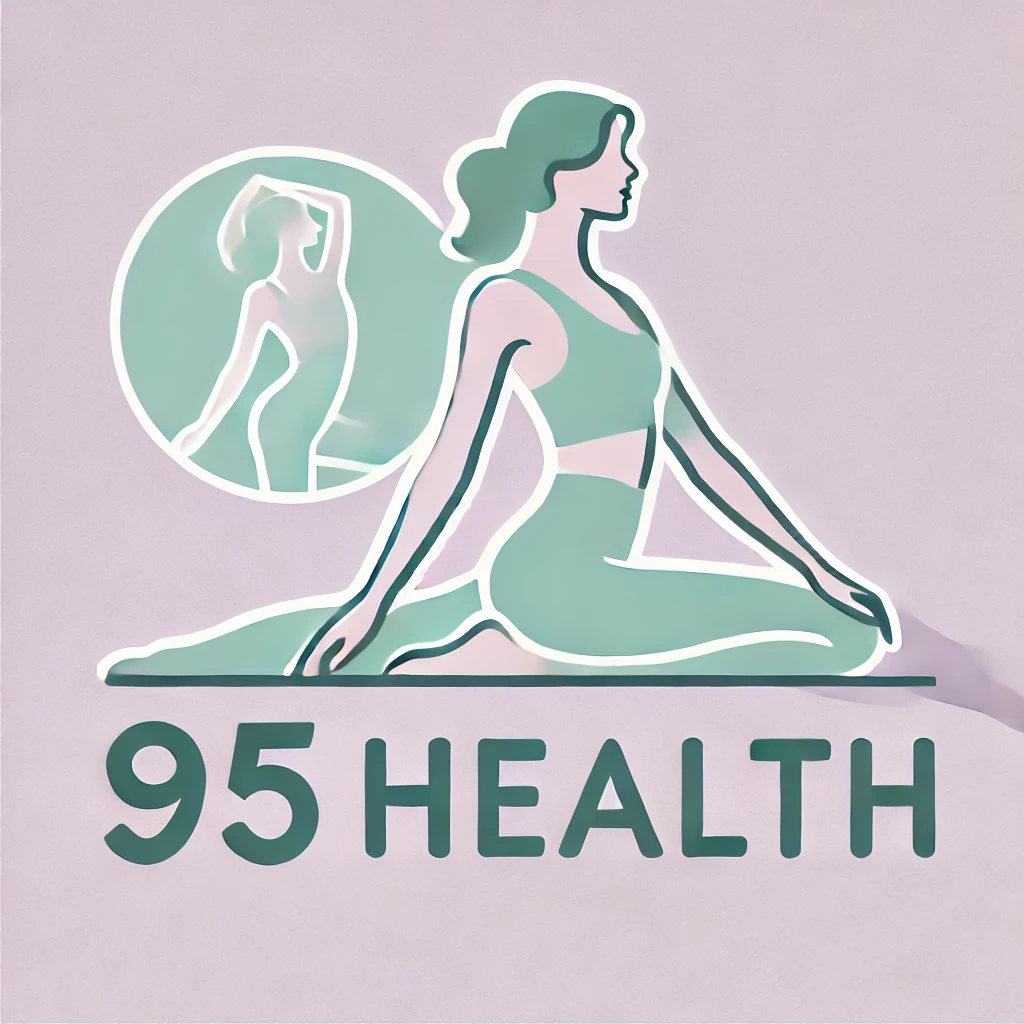Alcohol, Obesity, and Smoking: Significant Cancer Risk Factors
Cancer remains a major health concern worldwide, and several lifestyle factors have been strongly linked to its development. Among these, alcohol consumption, obesity, and smoking are notable contributors to increased cancer risk.
Alcohol and Cancer
Alcohol is classified as a human carcinogen. The risk of developing cancer increases with the amount of alcohol consumed. Regular alcohol intake has been linked to various cancers, including those of the mouth, throat, esophagus, liver, breast, and colon. The mechanisms involve the metabolism of ethanol in alcohol to acetaldehyde, a toxic chemical that can damage DNA and proteins.
Additionally, alcohol can impair the body’s ability to break down and absorb various nutrients that may be associated with cancer risk reduction, such as vitamins A, C, D, E, and folate.
Obesity and Cancer
Obesity is another critical factor that increases the risk of several cancers, including breast, endometrial, ovarian, kidney, and colorectal cancers. Excess body fat leads to increased production of estrogen, insulin, and insulin-like growth factors, which can promote the development of cancer. Moreover, obesity often results in chronic inflammation, another pathway through which cancer risk is heightened. Adipose tissue, or fat tissue, can also produce adipokines, hormones that may influence cell growth, potentially leading to cancer.
Smoking and Cancer
Smoking is one of the most well-documented risk factors for cancer. It causes a substantial number of cancer cases, including lung, throat, mouth, esophagus, bladder, kidney, liver, stomach, pancreas, and cervix cancers, as well as acute myeloid leukemia. The chemicals in tobacco smoke damage DNA and interfere with the process of cellular repair, leading to mutations that cause cancer. Even smokeless tobacco products are not safe, as they increase the risk of oral and esophageal cancers.
Combined Risks
The combined use of alcohol and tobacco significantly increases the risk of cancers of the oral cavity, pharynx, larynx, and esophagus. The risks are multiplicative, meaning they are greater than the sum of their individual risks.
Preventive Measures
To reduce the risk of cancer, it is advisable to limit alcohol consumption, maintain a healthy weight, and avoid smoking. The CDC recommends that men limit their alcohol intake to no more than two drinks per day and women to no more than one drink per day. Additionally, engaging in regular physical activity and adhering to a balanced diet can help mitigate cancer risks associated with obesity.








Through the years of working as a personal trainer I have seen the negative effects alcohol and smoking have on the health of my clients. For one specific client, however, they were able to quit smoking, and the results they experienced in terms of energy levels, and their health in general shot up. This research is backed up — for example, a survey published by WHO shows smoking alone to be responsible for 30 per cent of all the cancers that kill people around the world. The most important thing is to make it known what the risk factors are. Have any of you increased your health since making lifestyle changes?